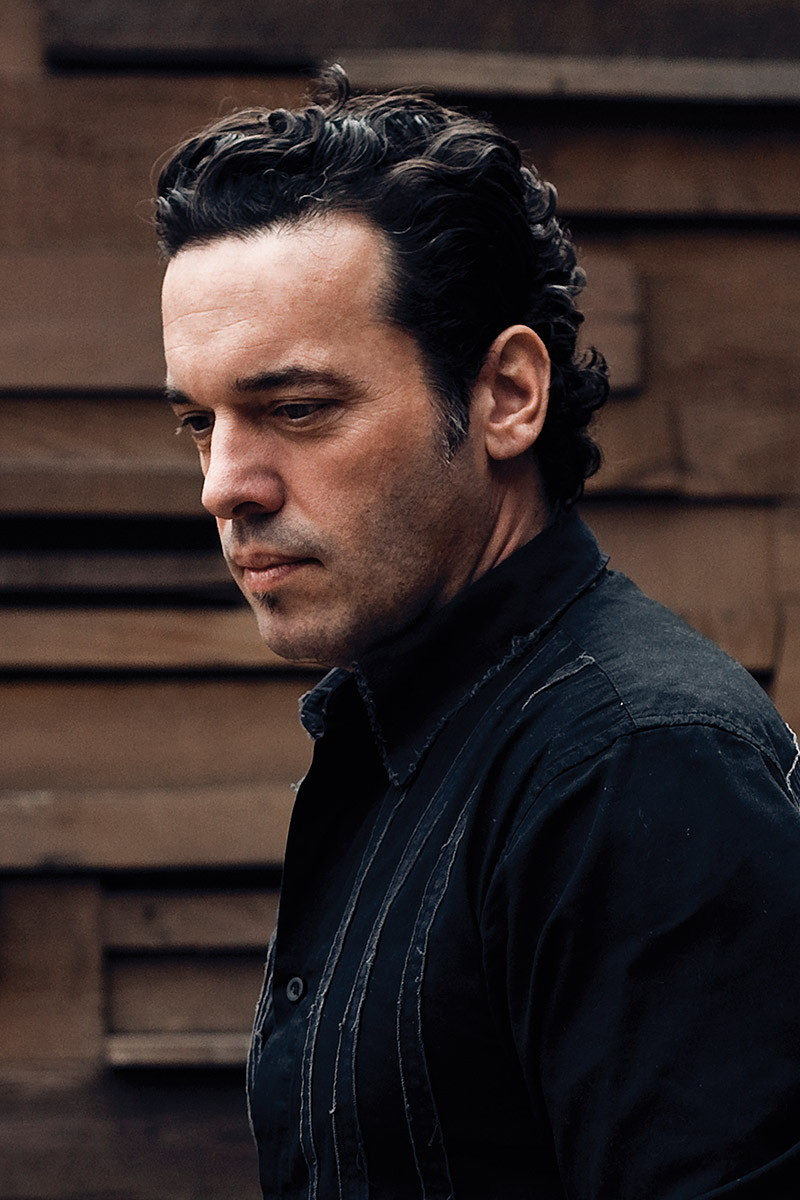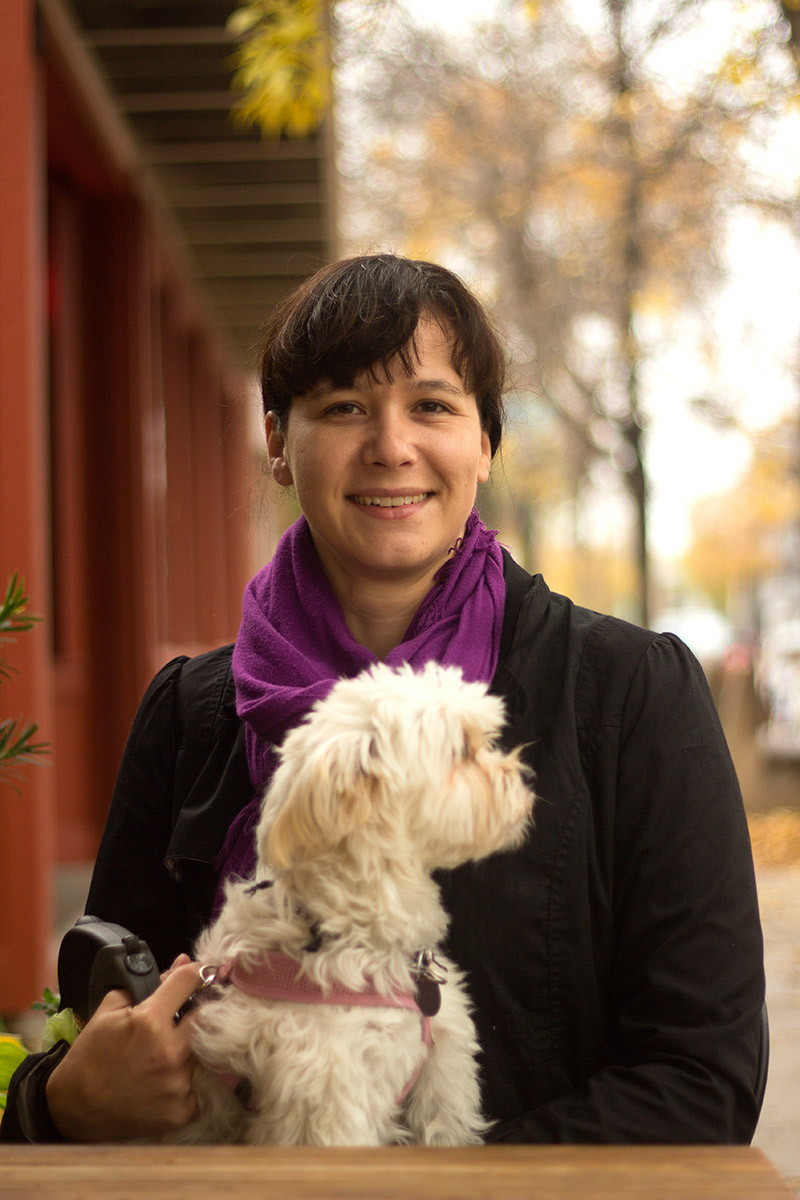Revealing truths through stories
Two distinguished Canadian writers offer unique ways of better understanding ourselves
Don’t miss out on An Evening with Joseph Boyden and Katherena Vermette this Friday, October 18 at the Centre Culturel Franco-Manitobain on 340 Provencher Blvd.
The event, presented by the Winnipeg International Writers Festival (aka Thin Air) along with McNally Robinson Booksellers, promises to be special considering both award-winning Canadian authors have had books recently short-listed for a 2013 Governor General’s Literary Award.
Boyden’s novel The Orenda was released last month, and is a finalist in the category of fiction, while Winnipeg’s Vermette sees last year’s North End Love Songs become a finalist in poetry.
“Actually what’s kind of fun that no one’s really noticed is Katherena is a former student of mine,” says Boyden, who holds – among other posts – a faculty position in the Creative Writing department of the University of British Columbia’s Optional-Residency MFA program.
During the first part of Friday evening both authors will read some of their work, followed by a three-way conversation facilitated by Thin Air Director Charlene Diehl in a style that Vermette describes as “almost like a talk show”. To wrap up the night, there will be a chance for everybody to mingle in the reception area where folks can talk to the authors, have them sign some books, or just enjoy a drink.
For those already familiar with the writers, it will be a chance to hear from them in person, and for those unfamiliar it most certainly will present an opportunity to add to your winter reading list.
Both writers are telling truths in their own way about this place called Canada, through the narratives – real or imagined – that they weave.
“I think you’re allowed to get at something bigger than you sometimes can with non-fiction,” Boyden contends.
These are truths you maybe won’t hear about in the media, or read in our history books.
“What I really tried to do in the book is give my version of the North End, rather than the [Winnipeg] Free Press version of the North End,” Vermette says about her collection of poems. “I wanted to talk about the trees and I wanted to talk about the people and I wanted to really explore how beautiful it is and the large sense of community… the wonderful sense of community I always felt there.”
Boyden delves a little bit deeper into the past in The Orenda, stretching right back to first contact between Europeans and Aboriginals.
“I write about what fascinates me,” he says. “That part of my family that is Aboriginal is where my writing heart seems to be, and so I set out to tell good stories – or what I hope are good stories – and stories that people might not necessarily know, but that I do.”
Interestingly, both authors have a mixed, Metis heritage which gives them a particular sort of access to telling their stories.
“I think that that’s been really integral to my writing,” Boyden says. “If I can help to bridge a gap for anyone between two cultures that often do not see eye to eye on things and don’t understand why, then I’m doing good I think.”
Vermette points to it as more of a complex dilemma.
“I don’t have the experience of having been embraced and lived solely within a culture that a lot of people do…my father was Metis and my mom was Mennonite, so… I always felt like I wasn’t getting enough of one thing. I always felt kind of on the borderline of everything.”
Evidently, our stories - told through fiction or poetry - play a vital role in revealing a collective past that is both complex and contentious, and in bringing that understanding to the surface of our consciousness.
Understanding ourselves in the present depends on how well we recognize the past, and moving toward a healthy future is tied to that understanding.
Boyden phrases it aptly. “You can’t move on without addressing why you’re not able to sometimes…”
Published in Volume 68, Number 7 of The Uniter (October 16, 2013)









